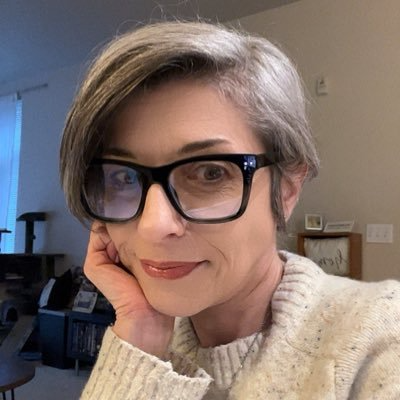“The piano is an instrument that has autonomy; it can mean anything,” declares pianist Arnaldo Cohen, who sees the connection between his Judaism and his musical career as an expression of independence.
“This kind of Jewish influence is on a very unconscious level and comes from most of the experiences I had in my life that are linked with music,” Cohen explains. “I always heard from my father that the most important thing to develop were the things nobody could take away from me. As a pianist you are self-sufficient; you don’t need a ministry, a factory or anything. Also, historically Jews weren’t allowed to enter a lot of professions, and I was always aware of that.”
Over the course of his celebrated career, Cohen has made the piano “mean” any number of things. Cohen’s official biography notes that he “has a reputation for astonishing his audiences with the musical authority and blistering virtuosity of his performances. His graceful and unaffected platform manner belies playing of white-hot intensity, intellectual probity and glittering bravura technique bordering on sheer wizardry.” Cohen is a versatile performer, able to interpret the outsized personalities of Rachmaninoff, Beethoven and Tchaikovsky with equal ease.
Cohen’s ability to inhabit the music of diverse composers derives from his multicultural roots. The child of both Sephardi and Ashkenazi parents, Cohen grew up in a tight-knit Jewish community in Rio de Janeiro. “My father’s parents originally came from Persia, from Tehran, and then moved to Palestine. My mother was born in Ukraine,” Cohen explains. “At home it was more Sephardic, but at school most of my friends were Ashkenazic, so I was immersed in both cultures and enjoyed the best of both, especially the food.”
Although Cohen describes his family as more cultural than religious, he grew up with some level of observance, including five years of Hebrew school and a bar mitzvah. “When my parents got married, there was a big war between the Sephardim and the Ashkenazim,” Cohen recalls. “My grandpa was against Dad marrying Mom, but eventually he came around.”
Cohen began playing violin at age 5. His father, a dentist, had a patient who directed a local conservatory. In a 2006 interview, Cohen recalled, “She convinced my father it would be good for his children to send them to a conservatory for a classical music education. You have to understand; my father grew up very poor. He was a very hardworking man who knew nothing about music. In his mind a piano was for a girl and the violin was for a boy. I started to play my sister’s music by ear on the piano. It got her upset and she started to scream. Finally my mother went to the director and told her she has caused a problem with the kids fighting all the time. The director said that I should have my own piano lessons so I can have my work and my sister will have her work. In short, you can say I started to play the piano to annoy my sister.”
As a Jew in Brazil, Cohen developed the “outsider” identity of most Jews, as a member of both a minority culture and a minority religion, and says his minority status gives him insight into other outsiders – like Tchaikovsky, a closeted gay man in 19th-century Russia. “I’ve always had some sort of attraction to differences. Father used to tell me a story whenever I wanted to do something different from everyone else. ‘Imagine 100 soldiers and 99 are marching right-left, and one is marching left-right. Either this guy is an idiot or a genius.’ Exceptions are what carry the world along.”
May marks Cohen’s third appearance with the Oregon Symphony, and he is looking forward to returning. “When I think about Portland, I think of Carlos [Kalmar, music director of the Oregon Symphony], the Chamber Music Society, the friends I have there, people from the audience who always come to my concerts whose faces I can identify. I don’t feel like a stranger here; it’s a bit like going home, in a way. It’s a community that is quite sophisticated culturally compared to many others. There’s a touch of Europe in Portland.”
Cohen has equally warm feelings about playing with the Oregon Symphony. “The orchestra here is very good. There are orchestras that are considered some of the best in the world, but when you go there you don’t have the sense of enjoyment you do when you play in places like Oregon. Here it’s like playing for friends, and Carlos is a great musician, one of the most competent conductors of our time. You couldn’t ask for more.”
Arnaldo Cohen performs Tchaikovsky’s Piano Concerto No. 1 with the Oregon Symphony on May 12, 13 and 14 at the Arlene Schnitzer Concert Hall. For more information, go to www.orsymphony.org.
Elizabeth Schwartz is co-host of The Yiddish Hour on 90.7 FM KBOO Community Radio and a freelance writer living in Portland.





